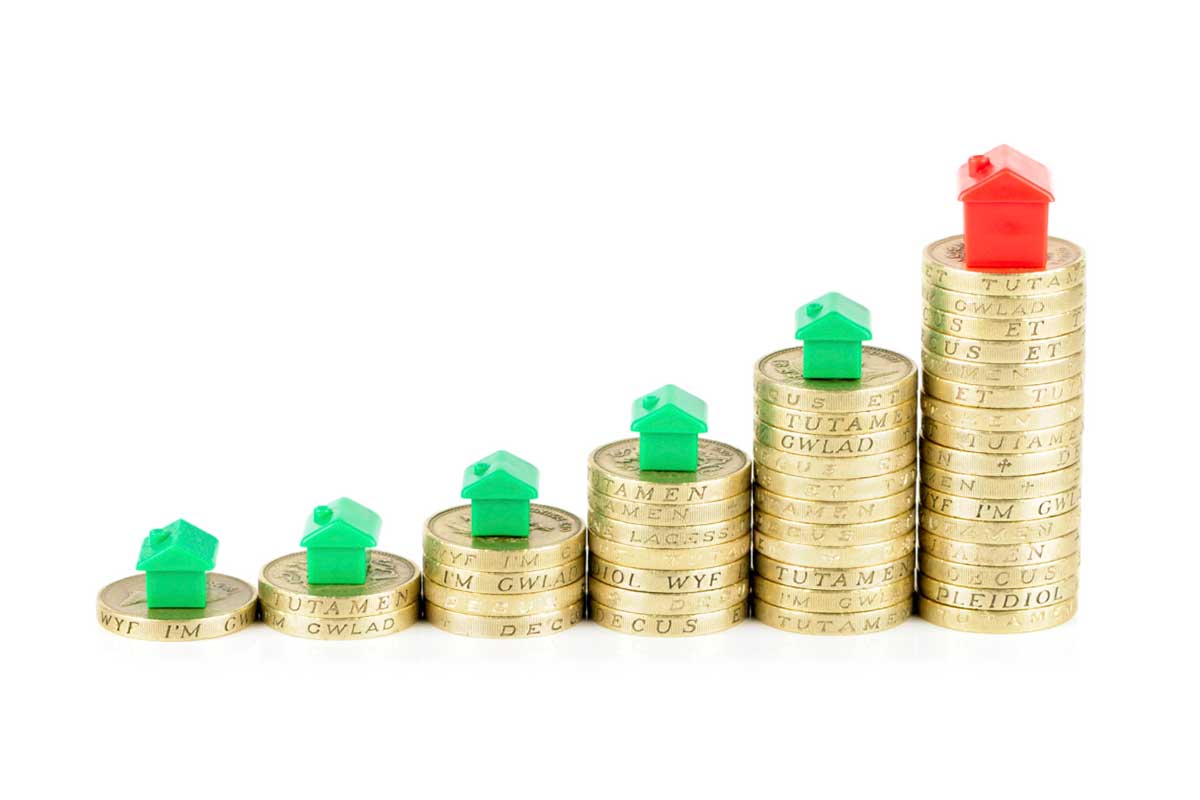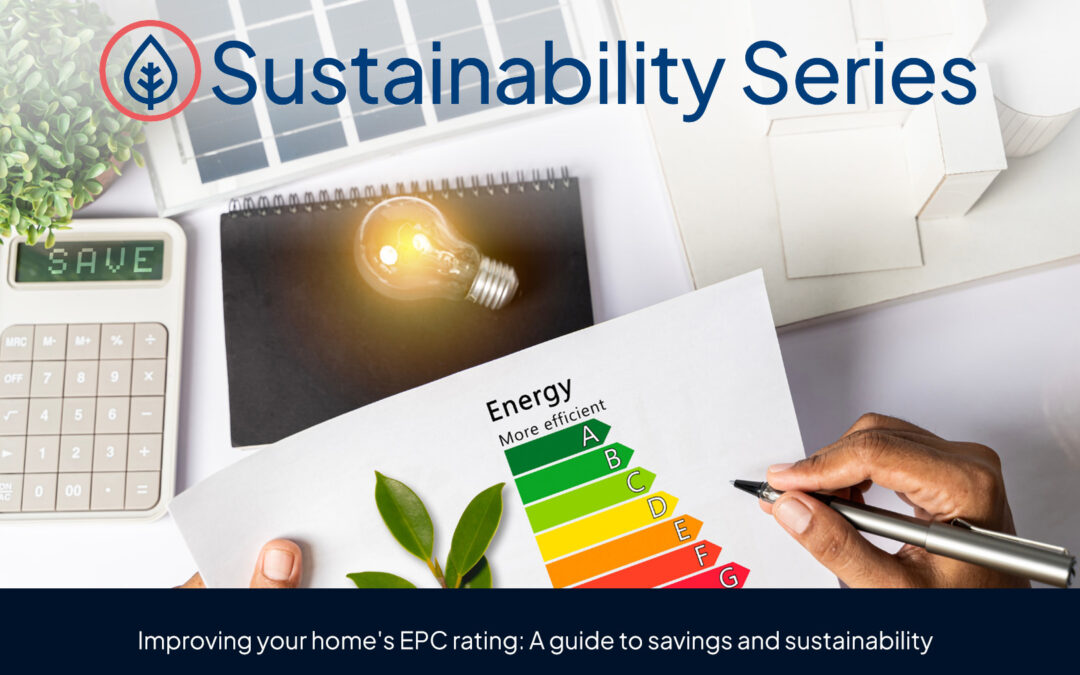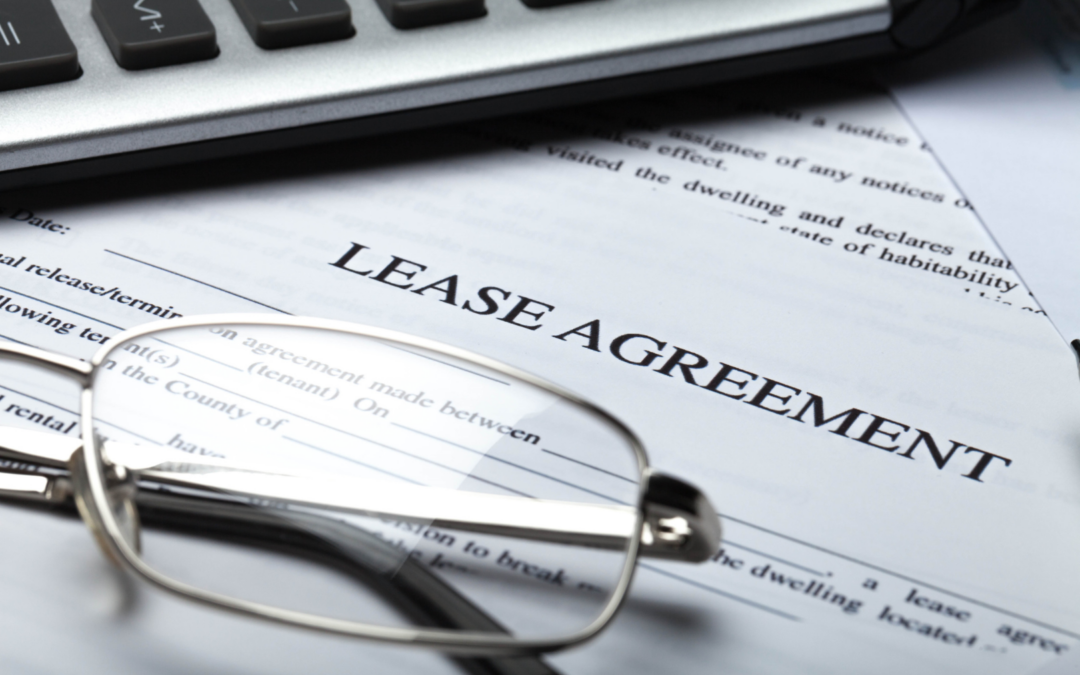Britain’s leading estate agents and mortgage advisers make their predictions for this election year.
After a bumper year for homeowners, with price rises in excess of 10 per cent in some areas, experts are hedging their bets about 2015.
Whitehall is officially bullish. The Office for Budget Responsibility expects prices to rise by 7.4 per cent this year – not far short of the expected 2014 figure of 8.8 per cent. However, this optimism is not widely shared.
The Halifax expects house prices nationally to rise between 3 and 5 per cent. Knight Frank plumps for 3.5 per cent, the Royal Institute of Chartered Surveyors for 3 per cent and Savills for 2 per cent. Caution is endemic – even among estate agents, normally notorious for their optimism.
The gloomiest forecast comes from the independent Centre for Economics and Business Research (CEBR), which expects prices to fall by 0.6 per cent in the course of the year, with London prices dipping by around 8 per cent.
CEBR expects the changes to stamp duty announced in the autumn statement to hit the capital hard. The changes will adversely affect properties valued at more than £937,500 – a high proportion of them located in central London. Other experts agree. Knight Frank, for example, expects zero growth in central London in 2015. And when London stagnates, the rest of the country tends to suffer.
So is the property market rising, stuttering or about to go into reverse?
The one thing on which everyone is agreed is that the surge in property prices in the last twelve months cannot be sustained.
Any experienced estate agent will argue that every property is worth what a quality buyer will pay for it. Market forces are already making sellers and agents work harder and to price their properties more realistically.
While there is no evidence of a reduction in demand, stringent rules for mortgage applications introduced April 2014 are also starting to bite. Mortgage approvals fell for the fifth consecutive month in November 2014, according to the British Bankers Association.
Lending is certainly not drying up. The Council of Mortgage Lenders (CML) predicts that gross lending will rise from £207 billion in 2014 to £222 billion in 2015, with transactions of around 1.2 million over each of the next two years. But buyers are faced by “ongoing affordability pressures”, according to CML.
The forthcoming general election introduces more uncertainties into the mix. “The election has the potential to influence the direction of the housing market, especially in central London,” says Liam Bailey, head of Global Head of Research at Knight Frank.
Will George Osborne still be Chancellor in six months? What chance of mansion tax? Buyers and sellers alike will be tempted to await the outcome of the election before making their move – another factor influencing price growth.
Properties in lower price brackets are expected to do better than more expensive ones, thanks to the changes in stamp duty. And some areas are likely to out-perform others. Savills tips Scotland to enjoy price growth of 3.5 per cent in 2015 – the highest figure in the country.
And as a number of major infrastructure projects come to maturity, there will be a knock-on effect on local house prices, say experts.
Predicted hot spots in 2015 include north Oxfordshire, where a new station will be opened this summer, Kingswear in Devon, thanks to a new bypass around Torquay, and Kemble in Gloucestershire, where a second railway line from Swindon has been reinstated.
The boom times may be over, but most homeowners can certainly look forward to 2015 with cautious optimism.
The chart below shows predicted price increases from Savills, assuming no mansion tax but allowing for revision of the council tax system.







